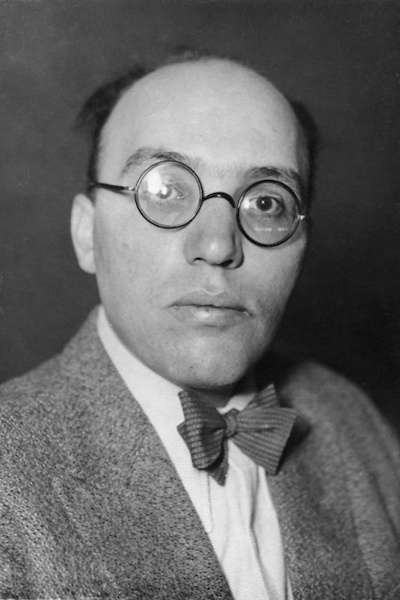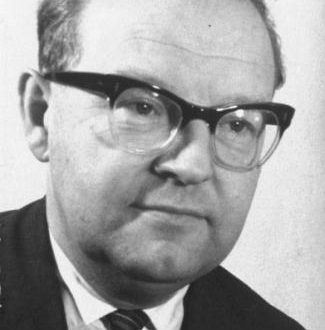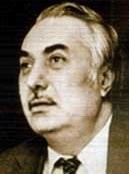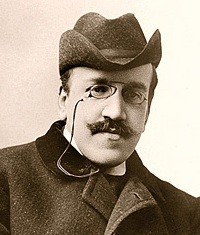
Kurt Weill |
Kurt weill
Born March 2, 1900 in Dessau (Germany). He studied at the Berlin Higher School of Music with Humperdinck, and in 1921-1924. was a student of Ferruccio Busoni. Weill wrote his early compositions in a neoclassical style. These were orchestral pieces (“Kvodlibet”, a concerto for violin and wind instruments). The beginning of cooperation with the “left” German playwrights (H. Kaiser, B. Brecht) was decisive for Weill: he became an exclusively theatrical composer. In 1926, Weill’s opera based on G. Kaiser’s play “The Protagonist” was staged in Dresden. In 1927, at the festival of new chamber music in Baden-Baden, the sensational premiere of the musical sketch “Mahogany” to Brecht’s text took place, the following year the satirical one-act opera “The Tsar is photographed” (H. Kaiser) was staged in Leipzig and at the same time thundered throughout Europe famous “Threepenny Opera” in the Berlin theater “Na Schifbauerdam”, which was soon filmed (“Threepenny Film”). Before his forced departure from Germany in 1933, Weill managed to write and stage the operas The Rise and Fall of the City of Mahagonny (an extended version of the sketch), The Guarantee (text by Caspar Neuer) and Silver Lake (H. Kaiser).
In Paris, Weill composed for the company of George Balanchine a ballet with the singing of “The Seven Deadly Sins” according to Brecht’s script. From 1935, Weill lived in the USA and worked for the Broadway theaters in New York in the beloved American musical genre. The changed conditions forced Weill to gradually soften the aggressive satirical tone of his works. His pieces became more showy in terms of exterior decoration, but less poignant in content. Meanwhile, in New York theaters, next to Weill’s new plays, The Threepenny Opera was staged hundreds of times with success.
One of the most popular American plays by Weill is “A Street Incident” – a “folk opera” based on the play by E. Rice from the life of the poor quarters of New York; The Threepenny Opera, which made the German musical theater of the 20s tribune of the political struggle, achieved a synthesis of the plebeian “street” musical element with the sophisticated technical means of modern musical art. The play was presented in the guise of a “beggar’s opera”, an old English folk theater parody of an aristocratic baroque opera. Weill used the “beggar’s opera” for the purpose of parodic stylization (in the music of this parody, it is not so much Handel that “suffers” as platitudes, “common places” of romantic opera of the XNUMXth century). Music is present here as insert numbers – zongs, which have the simplicity, contagiousness and vitality of pop hits. According to Brecht, whose influence on Weill in those years was undivided, in order to create a new, modern musical drama, the composer must abandon all the prejudices of the opera house. Brecht consciously favored “light” pop music; in addition, he intended to resolve the age-old conflict between word and music in opera, finally separating them from each other. There is no through consistent development of musical thought in the Weill-Brecht play. The forms are short and concise. The structure of the whole allows for insert instrumental and vocal numbers, ballet, choral scenes.
The Rise and Fall of the City of Mahagonny, unlike The Threepenny Opera, is more like a real opera. Here music plays a more significant role.





